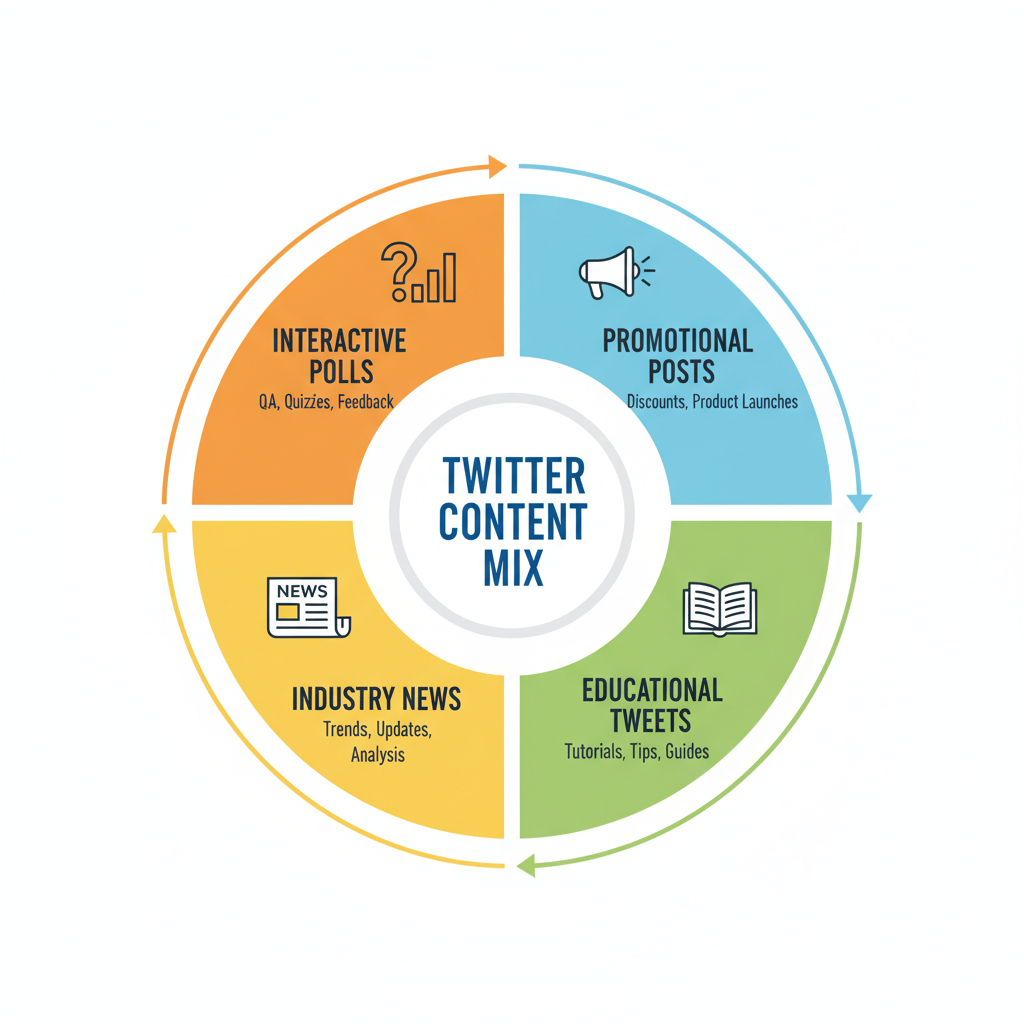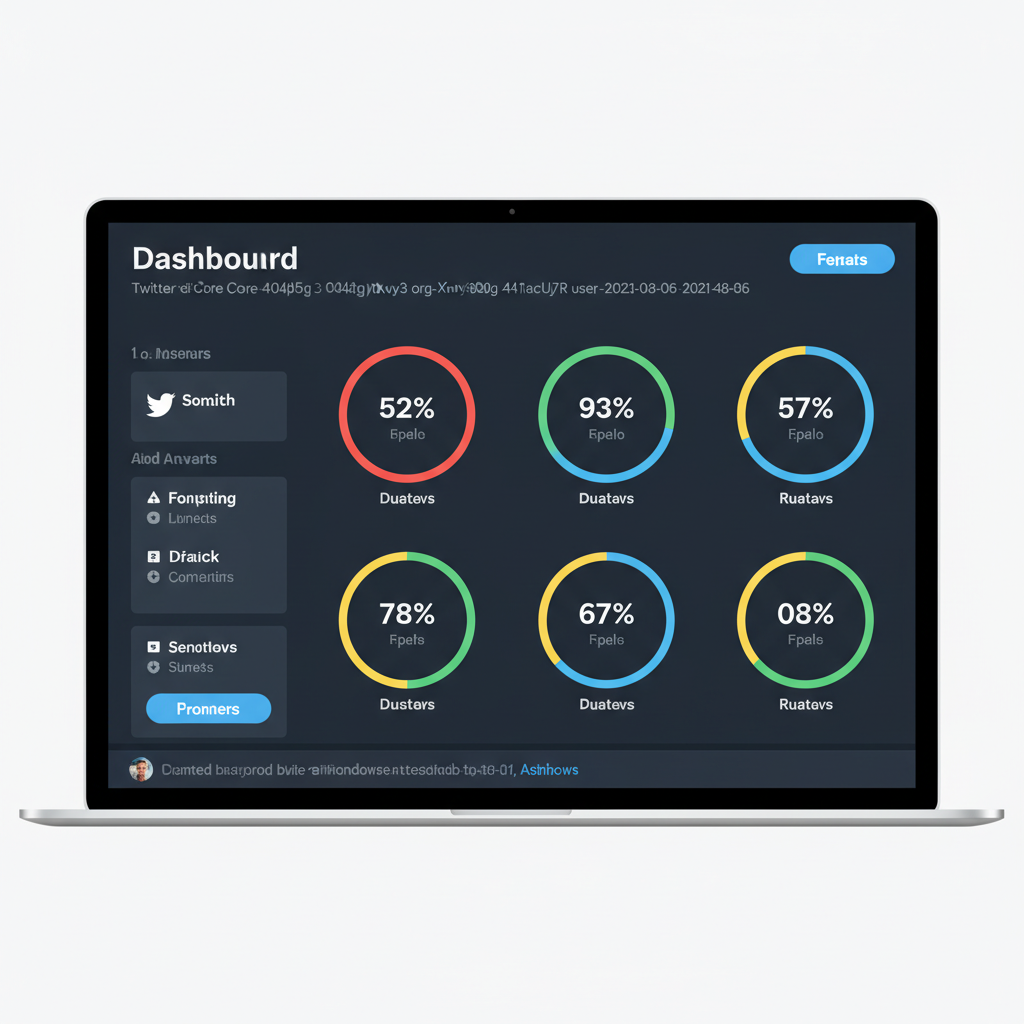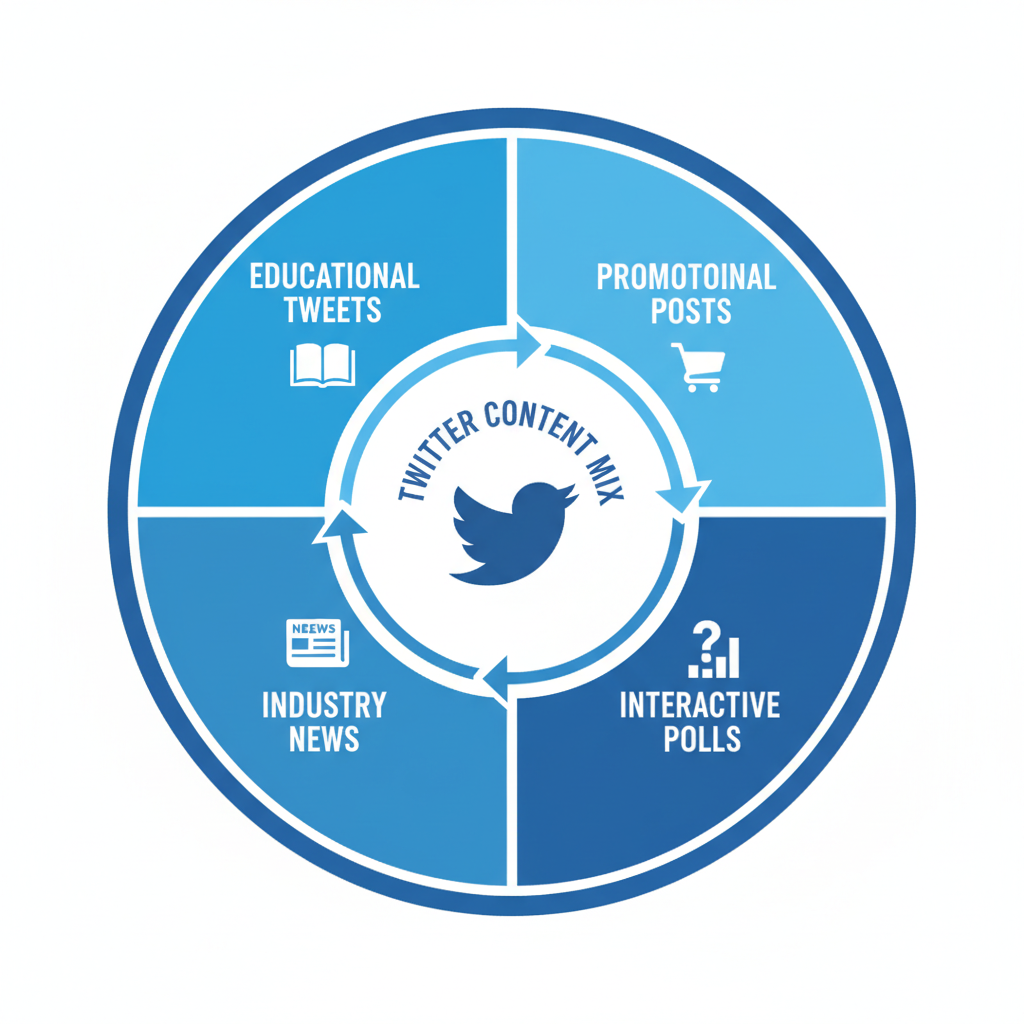How to Optimize Twitter for Business Success
Learn how to optimize your Twitter presence with strategies for branding, audience targeting, content scheduling, hashtag use, and follower engagement.

How to Optimize Twitter for Business Success
Twitter remains one of the most dynamic platforms for real-time interaction, brand awareness, and customer engagement. Businesses that understand how to optimize Twitter for business can significantly boost reach, establish authority, and drive measurable results. This comprehensive guide outlines proven strategies—from profile optimization to targeted ads—that will help you transform your Twitter account into a high-performing marketing asset.

---
Define Clear Business Goals for Your Twitter Presence
Before tweeting, establish specific objectives for your business presence on Twitter. Common goals include:
- Driving website traffic
- Generating qualified leads
- Increasing brand recognition
- Providing customer service
- Building industry thought leadership
Write these goals down and align them with measurable KPIs, ensuring your Twitter activity can be directly tied to business impact. This will help prioritize initiatives and track ROI more effectively.
---
Research Target Audience Demographics and Behaviors
Understanding your audience is critical to optimizing Twitter for business success. Leverage tools like Twitter Analytics, Google Analytics, or third-party platforms (e.g., Sprout Social, Hootsuite) to gather insights on:
- Age ranges
- Geographic locations
- Device usage
- Interest categories
- Peak activity times
With these insights, craft relevant and timely tweets that match your audience’s interests and habits, increasing the chance of engagement and conversions.
---
Optimize Your Twitter Profile for Branding and SEO
Your Twitter profile acts as your first impression. Optimize it for both branding consistency and search discoverability:
- Profile Photo
- Use a high-resolution logo or a professional headshot aligned with your brand image.
- Header Image
- Feature an eye-catching graphic that communicates your brand’s mission or promotes a current campaign.
- Bio
- Incorporate target keywords, branded hashtags, and a concise description of your value proposition.
- Website Link
- Point to a dedicated landing page or campaign-specific URL to track conversions.
- Pinned Tweet
- Keep a high-value, evergreen tweet at the top of your profile to highlight important offerings or announcements.

---
Create a Consistent Posting Schedule and Balanced Content Mix
Regular posting fosters familiarity and keeps followers engaged. Use scheduling tools like Buffer or TweetDeck to stay consistent.
Recommended content mix:
- Value Content (40%): Tips, educational threads, industry insights.
- Engagement Content (30%): Questions, polls, trending topic participation.
- Promotional Content (30%): Product launches, sales, events, campaigns.
A focus on delivering value before promotion helps build trust and credibility.
---
Use Twitter Lists for Strategic Monitoring
Twitter Lists allow you to categorize and follow specialized groups without cluttering your main feed.
Examples include:
- Industry leaders and influencers
- Competitors
- Journalists in your niche
- Loyal customers and advocates
Lists help track conversation trends, identify collaboration opportunities, and maintain an active understanding of your market landscape.
---
Leverage Hashtags Strategically
Hashtags can dramatically improve content discoverability when used correctly:
- Limit usage to 1–3 per tweet to maintain readability.
- Research and apply trending hashtags relevant to your industry.
- Create branded hashtags to unify campaign messaging.
Avoid generic or unrelated hashtags to prevent diluted relevance.
---
Engage with Followers to Build Trust
Effective engagement can turn followers into brand advocates:
- Reply to mentions promptly with customized responses.
- Use tags to give visibility to partners, customers, or collaborators.
- Run interactive polls to encourage audience participation.
- Retweet and comment on user-generated content that aligns with brand values.
These actions communicate attentiveness and foster lasting relationships.
---
Integrate Multimedia into Tweets
Visual storytelling strengthens engagement. Include:
- Images: Showcase products, infographics, event snapshots.
- Videos: Demos, customer testimonials, live event highlights.
- GIFs: Lighten the mood with humor and personality.

Multimedia helps capture attention in crowded timelines and boosts click-through rates.
---
Run Highly Targeted Twitter Ads
Twitter Ads enable precise targeting to reach your ideal audience:
| Targeting Option | Example Use Case |
|---|---|
| Interests | Promote eco-friendly products to sustainability enthusiasts |
| Keywords | Target users tweeting about “small business marketing” |
| Demographics | Reach users aged 25–35 in urban areas |
Test different ad objectives (website clicks, followers, conversions) and evaluate analytics regularly for better ROI.
---
Analyze Twitter Analytics to Track Performance
Twitter Analytics is essential for data-driven growth:
- Impressions: Measure tweet visibility.
- Engagement Rate: Gauge interaction quality.
- Top Tweets: Note what resonates and replicate themes.
- Conversion Tracking: Link Twitter activity to business objectives.
Review these metrics monthly to detect trends and refine your strategy.
---
Experiment with Twitter Chats
Twitter chats—scheduled public conversations around a unique hashtag—offer strong community-building potential:
- Build authority by hosting high-value chats.
- Network live with industry peers.
- Increase visibility through active participation.
Select relevant topics, promote beforehand, and debrief participants afterwards for maximum effect.
---
Cross-Promote Twitter Across Your Marketing Channels
Integrate Twitter into your broader marketing ecosystem:
- Embed relevant tweets in blog articles.
- Include your Twitter handle in email signatures and newsletters.
- Drive traffic from LinkedIn, Instagram, and YouTube.
- Highlight Twitter campaigns during webinars or live streams.
Cross-promotion helps funnel audiences from diverse platforms into an engaged Twitter community.
---
Refine Your Strategy Based on Evolving Insights
Twitter’s environment changes rapidly. Conduct quarterly reviews to:
- Align posting times with fresh engagement data.
- Refresh bios and visuals to match new campaigns.
- Retire underperforming hashtags.
- Experiment with emerging features like Spaces.
An agile, data-informed approach maximizes long-term success.
---
Summary
Mastering how to optimize Twitter for business blends creativity with analytics. By setting clear goals, understanding and engaging your audience, refining your profile, and leveraging ads and multimedia, you can transform Twitter into a cornerstone of your marketing strategy. Start implementing these proven steps today, monitor results, and keep adapting—your brand’s Twitter presence will become a measurable driver of growth and customer loyalty.
Ready to grow your brand on Twitter? Apply these strategies now and turn followers into lasting advocates.



